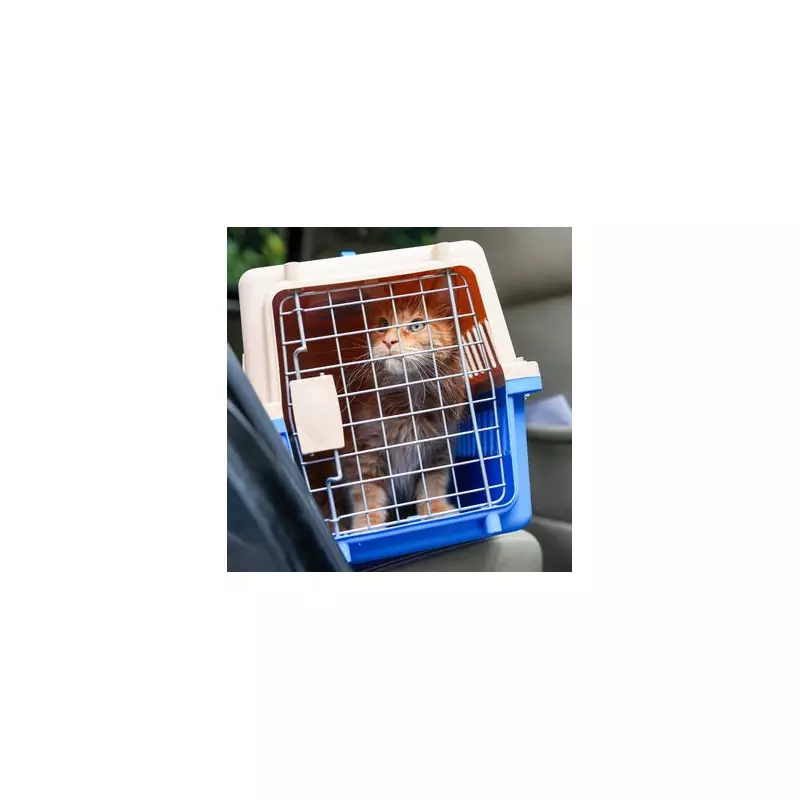
Pet owners across the UK are being alerted to a common kitchen ingredient that could prove fatal to their beloved dogs, according to a stark warning from an experienced veterinarian.
The Hidden Danger in Your Kitchen
While many dog owners are aware that chocolate poses risks to canine health, there's another everyday food item that's equally dangerous yet frequently overlooked. Veterinary expert Ben Simpson-Vernon, who shares crucial pet advice through his platform 'Bentley's Corner', has identified this silent threat that could be lurking in your pantry right now.
Why Onions Are More Dangerous Than You Think
"The one thing I would never, ever feed a dog is onions," Simpson-Vernon states emphatically. "This includes all forms - raw, cooked, powdered, or even as an ingredient in other foods."
The danger lies in a compound called N-propyl disulfide, which attacks and destroys red blood cells in dogs. This damage leads to a condition called hemolytic anemia, where the body can't transport oxygen effectively.
Symptoms Every Dog Owner Should Recognise
According to the veterinary expert, warning signs of onion poisoning include:
- Lethargy and weakness
- Pale gums
- Red or brown-coloured urine
- Rapid breathing or panting
- Loss of appetite
- Vomiting
"The effects can be cumulative," Simpson-Vernon explains. "Small amounts fed regularly can build up over time until they reach a toxic threshold."
Which Foods Contain Hidden Onion Dangers?
Many prepared foods and leftovers contain onion powder or cooked onions that owners might not suspect, including:
- Gravy and stock cubes
- Baby food
- Sausages and processed meats
- Soups and sauces
- Pizza and other takeaway foods
What to Do If Your Dog Eats Onions
"If you suspect your dog has consumed onions, contact your vet immediately," advises Simpson-Vernon. "Time is critical, and early intervention can make all the difference."
Treatment may include inducing vomiting if the ingestion was recent, followed by supportive care and monitoring of red blood cell levels. In severe cases, blood transfusions might be necessary.
The veterinarian's crucial message to all dog owners is simple: "When it comes to onions, it's better to be safe than sorry. Keep them completely away from your pets and always check ingredient labels carefully."





